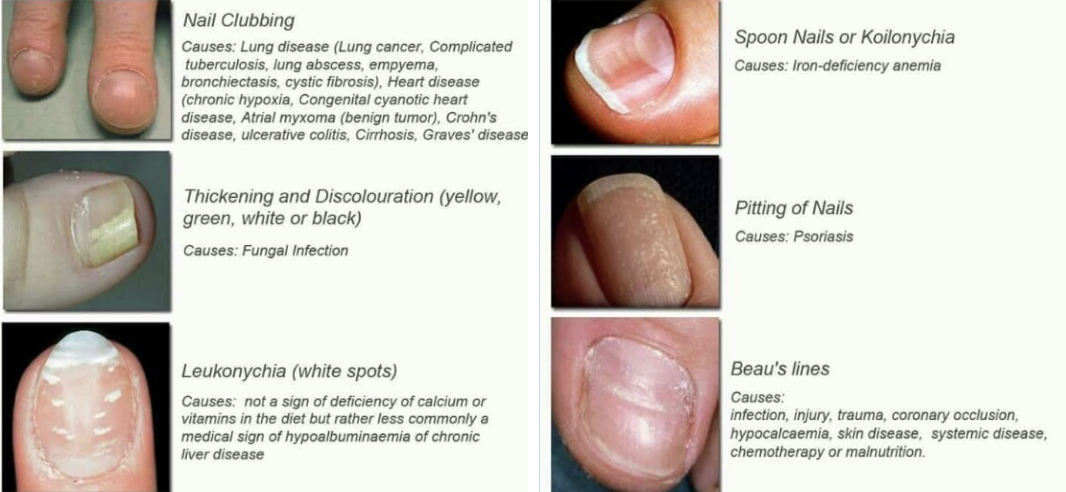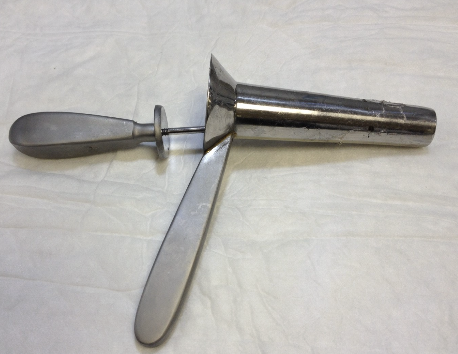Before starting clinical examination:
- Analyze patient’s history.
- Probable diagnostic possibilities
- Think of the common diseases
- Determine physical findings consistent with these entities.
- Permission
- Privacy
- Presence of a nurse
- Precautions
Observe your patient while history taking for:
-
General health- emaciated (? Malignancy)
-
Intelligence
-
Attitude
-
Mental state (dehydration, encephalopathy)
-
Posture:
- Peritonitis- flexed & still
- Intestinal, biliary or renal colic- rolling around in agony
-
Mobility
-
4 parts: Inspection, Palpation, Percussion, Auscultation
-
Practice a standard routine every time
-
Hand- Head to toe
-
Weight- loss (malignancy), gain (DU)
-
Pulse (Tachycardia- infection, fluid/ blood loss
-
Blood pressure (low- fluid loss, bleeding)
-
Temperature ( Fever- infection)
-
Respiration rate- raised in infections
-
Pulse- rate, rhythm, volume, nature
-
Nails- koilonychia, clubbing, leukonychia
-
Skin- dehydration, moist palm, anemia
-
Anemia- conjunctiva, nail bed
-
Jaundice- sclera, under surface of tongue
-
Oral cavity- mucous membrane for hydration , tongue for coating
-
Scalp
-
Ear/ nose
-
Neck- vein, goiter, lymph nodes, other swellings
-
Chest- asymmetry, expansion, breath sound, added sound
-
Cardiac- rhythm, heart sound, murmur
-
Limbs- asymmetry, swelling, movement, pulses, power
-
Abdomen (local examination)

Abdomen Exam
- Exposure: nipples to knees (ideal)
- Cover genitalia
- Patient lying flat on a pillow
- Arms by the side ( not under the head!)
- Sit or kneel beside the patient
- Adequate light includes 4 parts of examination process Inspection, Palpation, Percussion, Auscultation
Perineum Examination
Presenting history
Pain:
- perianal abscess, fissure in ano, anal fistula, thrombosed piles
Bloody discharge:
- Piles, fissure, fistulae, tumours (polyp, carcinoma anus/ rectum)
Purulent discharge:
- perianal abscess, fissure in ano, anal fistula
Mass or swelling:
- Abscess, piles, neoplasms
Left lateral decubitus position:
- hips flexed to 90º and knees flexed to
- less than 90°.
- Lift- uppermost buttock to expose
- the area
Jack-knife position
Inspection:
- scar of previous surgery,
- Sinus- one opening blind track
- Fistula- track connecting two epithelial surfaces
- Fecal soiling, blood/mucous discharge
- Mass protruding from anus
Palpation:
- tenderness, discharge, mass
Rectal examination:
Tone, tenderness, mass, prostate, blood, stool


